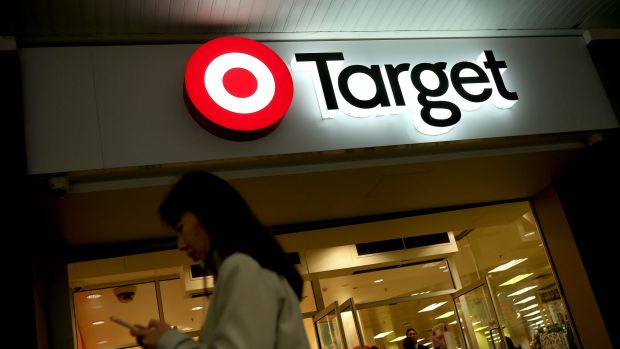Retail giant Wesfarmers is looking to sell Officeworks through a trade sale or a stock market float, the conglomerate has announced.
Wesfarmers managing director Richard Goyder said the company had started a strategic review of the stationery and office supplies chain, which it acquired in 2007.

Earnings in the business had doubled since 2009 and Officeworks was delivering a 13.9 per cent return on capital, Mr Goyder said, making it the right time to capitalise on the turnaround.
"Officeworks is well positioned for future growth with a strong competitive position and ongoing initiatives to grow its addressable market," he said.
"In light of its performance, options to monetise the value created for shareholders, including via an initial public offering, are being evaluated."
Mr Goyder said Wesfarmers would hold onto Officeworks if the sale options available did not match its valuation of the business.
There are 163 Officeworks stores across Australia. Total revenue in the network jumped 6 per cent in the six months to December 31 to $927 million and earnings before interest and tax grew 5 per cent to $62 million.
Coal, not Coles, drive Wesfarmers
Wesfarmers' has meanwhile credited the group's conglomerate structure for a 13.2 per cent increase in half-year net profit to $1.57 billion.

The result is well above analyst consensus estimates of $1.47 billion. Mr Goyder said it had benefited from significantly higher earnings at Wesfarmers' industrials division, courtesy of higher coal prices.
Wesfarmers' revenue rose 4.3 per cent to $34.9 billion, and earnings before interest and tax were up 15.1 per cent to $2.42 billion.

Wesfarmers will increase its interim dividend by 13.2 per cent to $1.03 a share.
Total retail earnings for the group were "in line" with the prior corresponding period, thanks to strong results from Bunnings, Kmart and Officeworks.

Coles' same store sales grew 1.3 per cent in the half. But lower prices meant revenue from the supermarket remained steady and earnings fell 6.8 per cent.
"The decline in earnings was driven by lower margins following increased investments in value, which were weighted towards the second quarter, including through the absorption of cost price increases in meat," Mr Goyder said.
The supermarket chain's sales during the half "built on the strong growth achieved in the previous corresponding half", he said.
Target continued to struggle in the six month period to December 31. The department store's sales fell 18 per cent and earnings before interest and tax fell 78 per cent - from $74 million in the first half last year to $16 million.
Mr Goyder said Target's $58 million earnings erosion reflected a "difficult trading period and impacts associated with significant transition work underway".
The problem child of the Wesfarmers' empire is being overhauled by the architect of Kmart's turnaround, Guy Rosso, who now heads up both department stores.
Kmart's sales grew 8.9 per cent and its earnings grew 16 per cent to $371 million, but that wasn't enough to stop Target's performance dragging the combined department store division's earnings backwards by 1.5 per cent to $387 million.
Sales at Bunnings grew 8.3 per cent and same store sales grew 6.5 per cent, driven by "continued investment in customer value, stores and online', Mr Goyder said, sending earnings up almost 10 per cent to $770 million.
Bunnings' foray into the United Kingdom and Ireland, where it has bought the Homebase chain and will gradually turn them into Bunnings stores, ran at a $48 million loss.
Wesfarmers bought Homebase mid last year an opened its first Bunnings pilot store in St Albans, Hertfordshire, a fortnight ago.
The biggest increase in earnings came from Wesfarmer's industrial division. It recorded earnings of $377 million in the half - $355 million than the same half last year - thanks largely to "the significant increases in coal prices and strong productions in the second quarter of the financial year," Mr Goyder said.
Mr Goyder will hand over the reins of the company to Wesfarmers' head of industrials, Rob Scott, in November.


1 comment
New User? Sign up